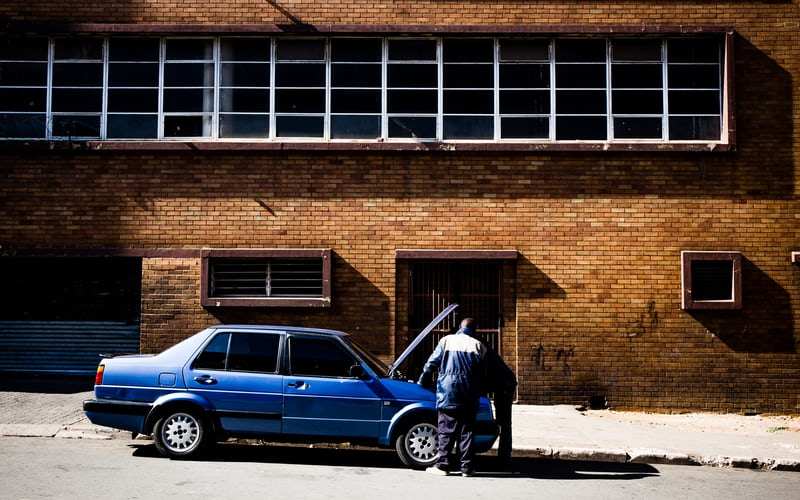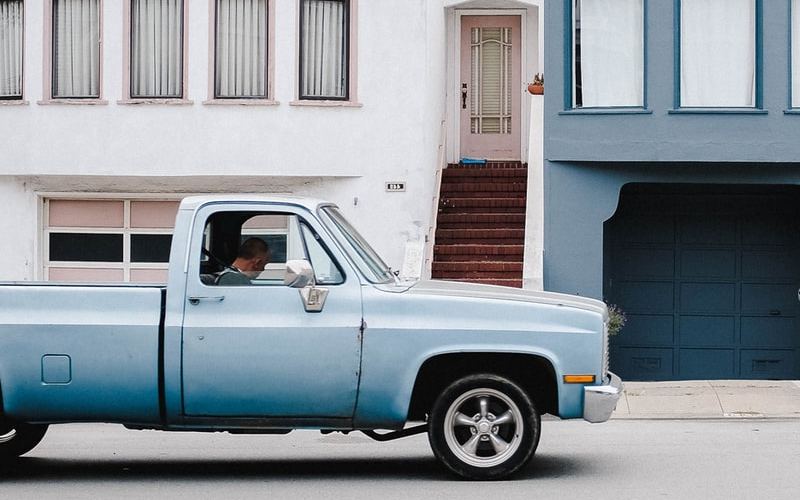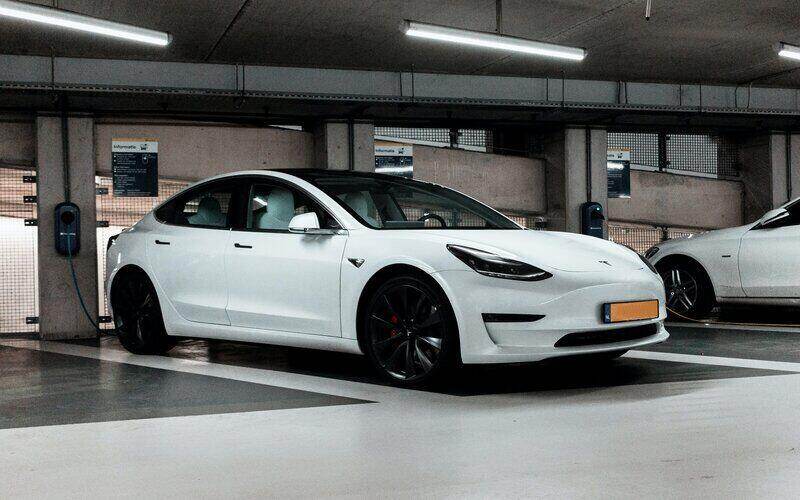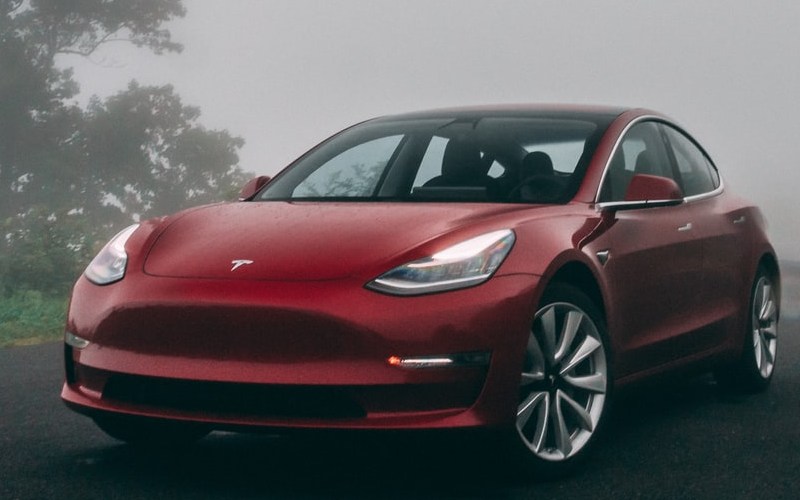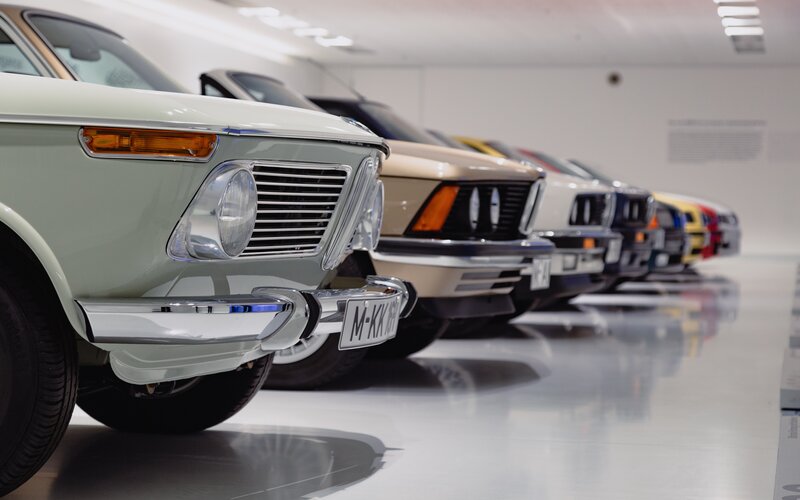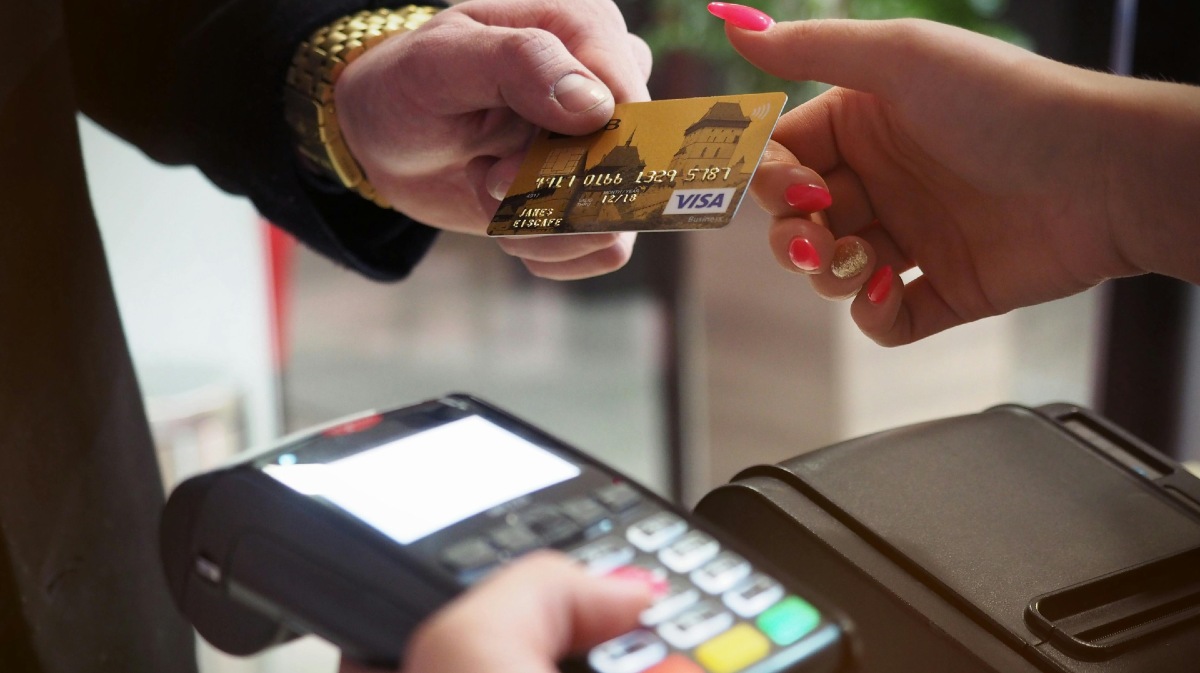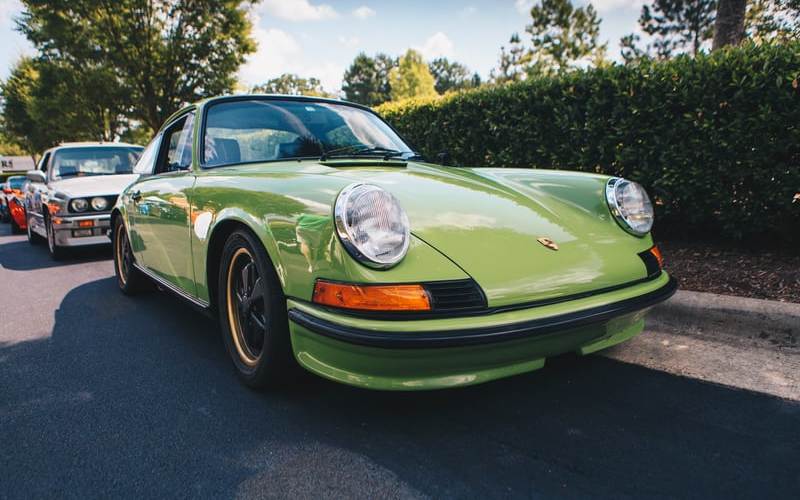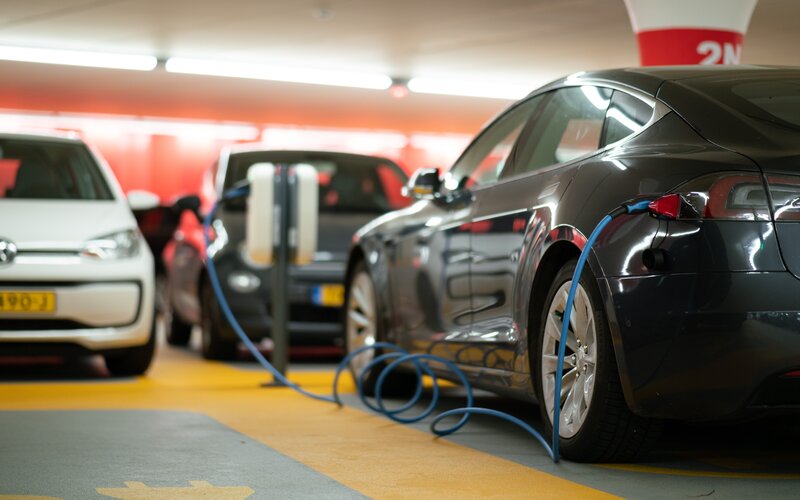Many industries have been hit hard by coronavirus, and the automotive industry is no exception.
In recent months, The Federal Chamber of Automotive Industries (FCAI) has reported massive falls in the number of new vehicles sold, including:
- A 35.3% fall in May 2020 from May 2019
- A record 48.5% fall in April 2020 from April 2019
- An 18% fall in March 2020 as the pandemic first started closing businesses
In June, FCAI reported a total of 110,234 vehicles sold, which is still a 6.4% decrease on June 2019, but is the strongest result since the onset of the COVID-19 crisis.
The 6.4% year-on-year decrease represents the 27th consecutive month of falling car sales.
FCAI chief executive Tony Weber said the easing of restrictions, the extension of the Federal Government’s instant asset write-off scheme and general seasonality all contributed to the uptick in vehicle sales.
“Some states have seen the easing of COVID-19 restrictions, and this has increased floor traffic through dealerships,” Mr Weber said.
“In addition, June is traditionally a very strong month for new vehicle sales. The End of Financial Year campaigns are well known, so it’s an excellent time for businesses and consumers to replace their vehicles."
The June/July period is historically 30% stronger for car sales, due to ‘end of financial year deals’ from dealerships.
The instant-asset write off scheme - which allows businesses making up to $500 million per year to continue writing off newly purchased assets worth up to $150,000 - has also had a positive influence.
“Finally, we have seen a strong surge in marketing activity from both brands and dealerships, who are offering an array of attractive retail packages in a bid to recover from the impacts of the COVID-19 pandemic," Mr Weber said.
“With all of this activity favouring consumers, there’s no doubt that there has never been a better time to negotiate the purchase of a new vehicle."
Mr Weber did reiterate that the vehicle industry is still under high pressure.
“Stimulus packages from the Federal Government, such as JobKeeper and JobSeeker, have helped to restore some consumer confidence and supported the small bounce back during June," he said.
"We’re not out of the woods yet."
[Read: Claiming car expenses this tax-season]
Toyota the market-leader again
Toyota was the market leader in June again by some distance, occupying 22.1% of the market with more than 22,000 vehicles sold.
The next closest, in comparison, was Mazda with almost 9,500 (8.5% of the market), followed by Hyundai, Mitsubishi and Ford.
The Toyota Hilux, as usual, was the most popular car model with over 6,500 sales in June, a 21% increase on June 2019 potentially due to the instant-asset write off scheme.
The Ford Ranger (5,329), Toyota Corolla (3,008), Toyota Landcruiser (2,909) and Mitsubishi Triton (2,721) followed in second to fifth respectively.
SUVs were the most popular vehicle class with almost 52,000 of them sold in June.
ACT, SA and WA see increase in car sales
The Australian Capital Territory, South Australia and Western Australia were the only three states to record an increase in vehicle sales compared to June 2019:
- ACT saw an increase of 13.9%, by far the biggest rise
- SA saw an increase of 3.6%
- WA saw an increase of 3.2%
New South Wales and Victoria naturally had the most vehicles sold at almost 35,000 and 30,000 respectively, but these states both saw large decreases in sales.
Tasmania, however, had the biggest decline in car sales at 16.1%.
Source: FCAI

Ready, Set, Buy!
Learn everything you need to know about buying property – from choosing the right property and home loan, to the purchasing process, tips to save money and more!
With bonus Q&A sheet and Crossword!
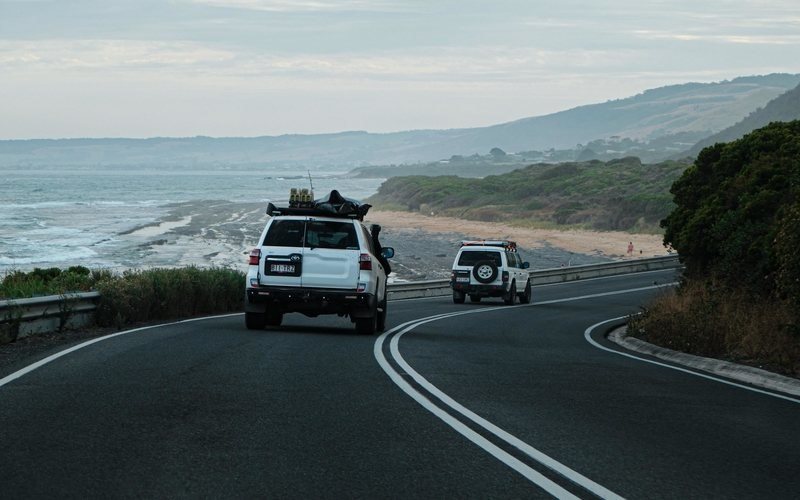
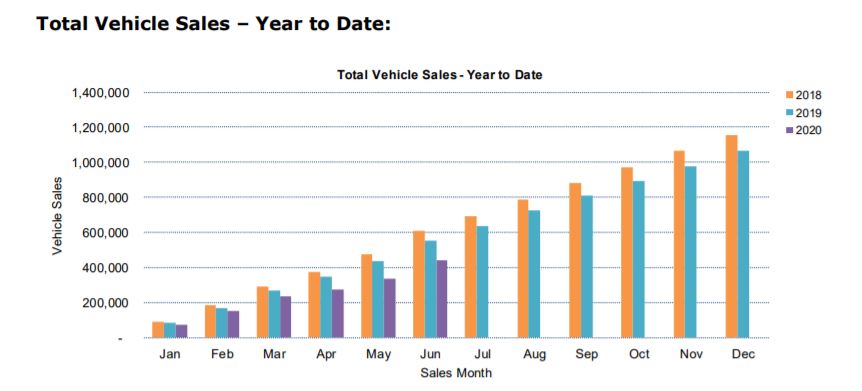


 Denise Raward
Denise Raward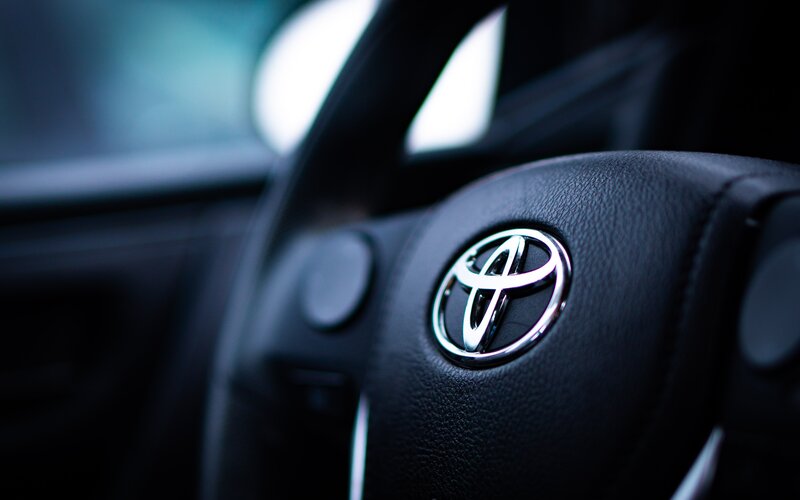
 Jacob Cocciolone
Jacob Cocciolone